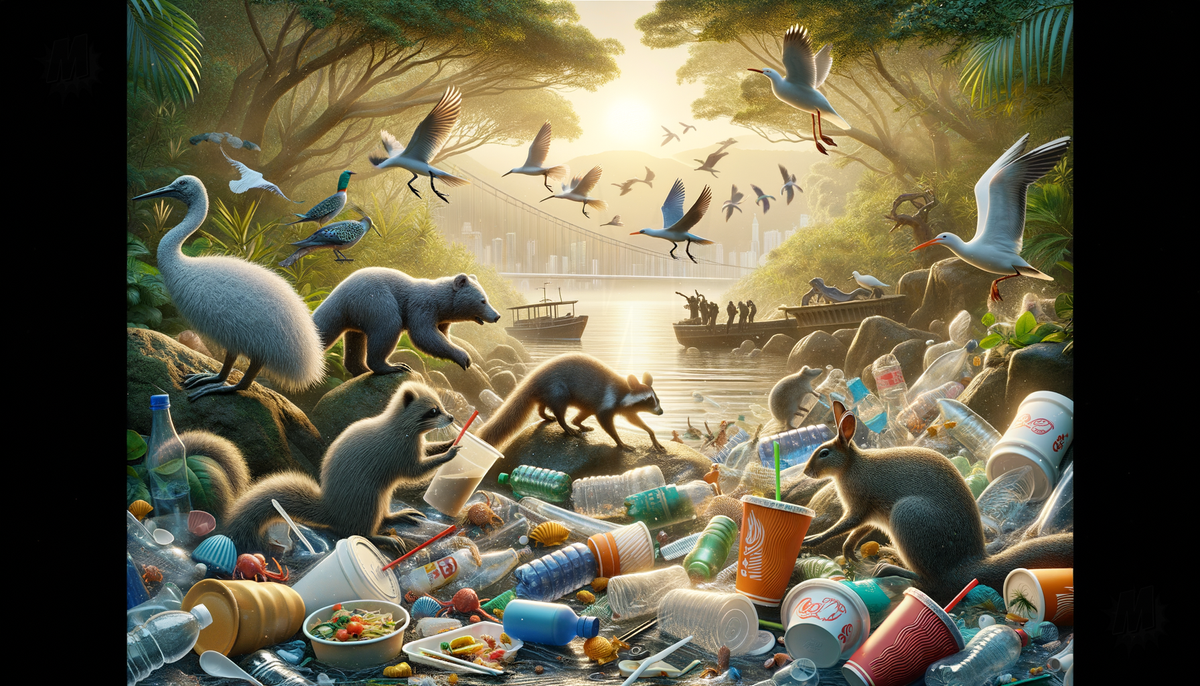Greenpeace Raises Concerns Over Microplastics in Hong Kong Wildlife

A recent study conducted by Greenpeace in collaboration with researchers from local and Taiwanese universities has found that microplastic particles are prevalent in the waste samples of Hong Kong wildlife. The study analyzed 100 faeces samples from seven different locations in 2022 and discovered that 85% of these samples contained microplastics. The most commonly detected types of microplastics were polyethylene and polypropylene, which are frequently found in single-use packaging, takeaway containers, and disposable utensils.
The findings suggest that wildlife in Hong Kong ingests plastic particles even when not feeding in urban areas. The report was released in anticipation of the upcoming November talks in South Korea, where governments aim to address the global issue of plastic pollution. Hong Kong, a city with a population of 7.5 million, currently sends over 2,300 tonnes of plastic waste to landfills each day.




